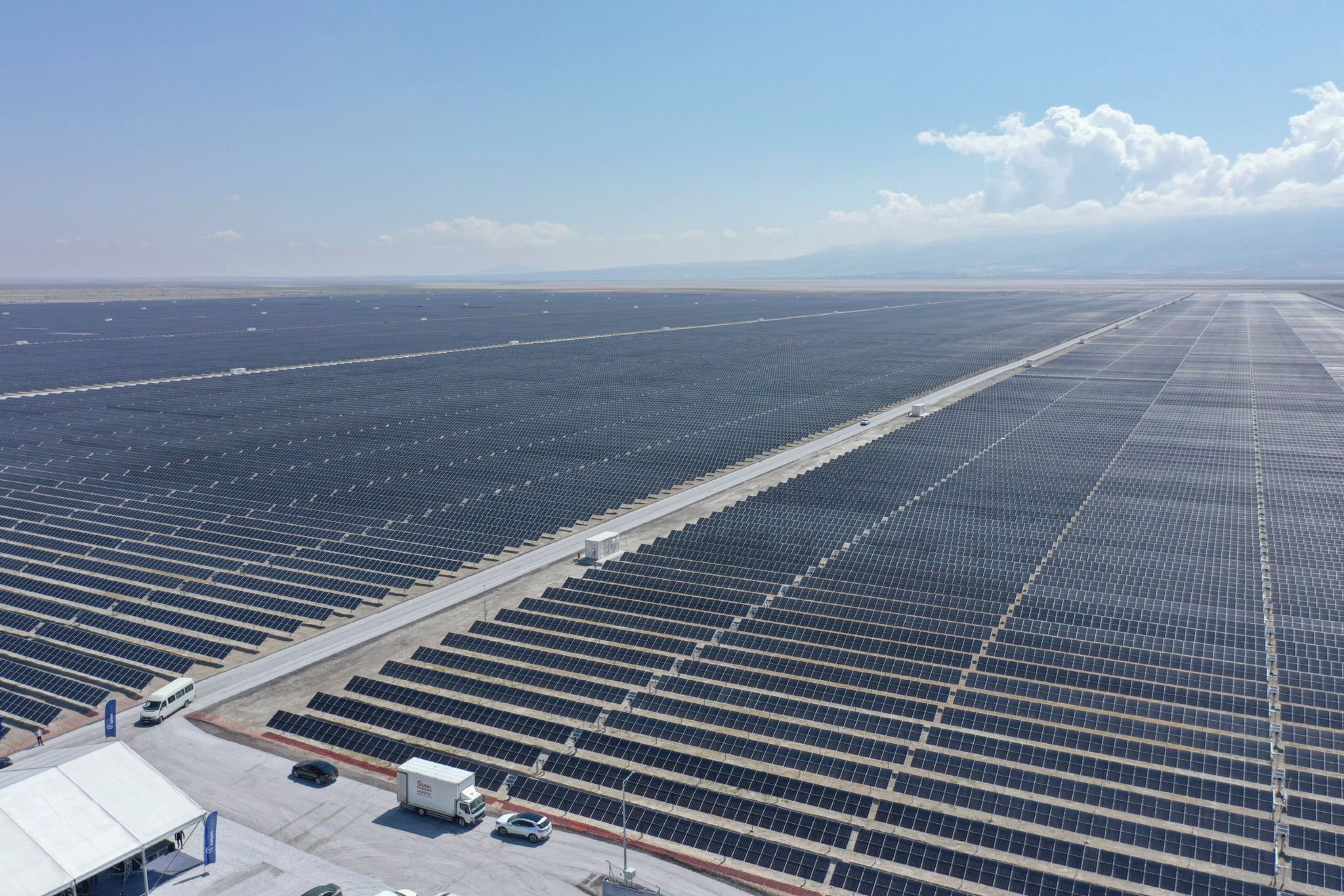Turkey’s solar panel production underused as high costs block access to European market – Turkish Minute
Turkey’s solar panel manufacturing industry is operating far below capacity due to cost disadvantages that prevent it from competing in the European market, despite the country’s ambition to become a regional clean energy leader.
An analysis by columnist Serkan Aksüyek on the Turkish news platform ekonomim.com highlights the gap between Turkey’s solar potential and its limited export performance. While Turkey boasts significant solar exposure and a well-developed industrial base, these advantages are not translating into foreign sales.
Turkish solar panel makers face a major pricing challenge. The cost of installing a one-megawatt solar system in Europe ranges from $90,000 to $100,000. The same system using Turkish-manufactured components can cost up to $160,000, making Turkish products uncompetitive.
A key factor is the uneven trade environment. Turkey has imposed anti-dumping duties on imported solar panels since 2017, updating the tariff in 2024 to a fixed rate of $25 per square meter. However, the European Union does not apply similar protections to shield its market from cheaper Chinese imports. As a result, Chinese manufacturers have a dominant position in Europe, supplying not only solar panels but also inverters and other essential components at lower prices.
Despite this export barrier, solar power remains the fastest-growing renewable energy source within Turkey. As of April 2025, Turkey’s solar capacity reached around 22,000 megawatts, contributing to a total clean electricity capacity of nearly 119,000 megawatts. Domestic growth has been driven largely by unlicensed rooftop and small-scale projects targeting self-consumption, particularly after the cost of solar installations dropped by half in dollar terms over the past five years.
Since 2022, most of the newly installed capacity has come from households and businesses seeking energy independence. Yet compared to countries like Germany, Turkey is still behind. Even Turkey’s least sunny regions receive more solar radiation than Germany’s sunniest areas. Nevertheless, Germany had surpassed 107,000 megawatts of installed solar capacity by mid-2025, adding over 1,000 megawatts each month. Turkey, by contrast, installs just 4,000 to 5,000 megawatts annually.
Turkey currently has around 70 solar panel factories, with a combined production capacity of 50,000 megawatts per year — a volume ten times larger than current domestic demand. If trade conditions allowed, this surplus could meet a substantial share of Europe’s needs.
The analysis also notes that Turkey’s overall solar potential exceeds 200,000 megawatts. Fully realized, this capacity could produce roughly 330 to 350 terawatt-hours of electricity per year — equivalent to Turkey’s entire annual electricity consumption.
Experts say Turkey could be more competitive in supplying aluminum and steel frames for solar systems, thanks to its strong metal production sector. However, manufacturers in these industries are focused on low-cost mass production rather than innovation or design improvements. This limits the value-added potential of their products and reduces export competitiveness.
In contrast, Turkish firms have found more success in exporting solar-related services, particularly engineering, procurement and construction (EPC) work. Countries such as Romania, Bulgaria and Kazakhstan are among the destinations for these services.
Industry representatives stress that while Turkey has modern factories and technical expertise, high production costs and weak export policies are preventing access to international markets. Without structural reforms, much of Turkey’s solar manufacturing infrastructure could go unused.


